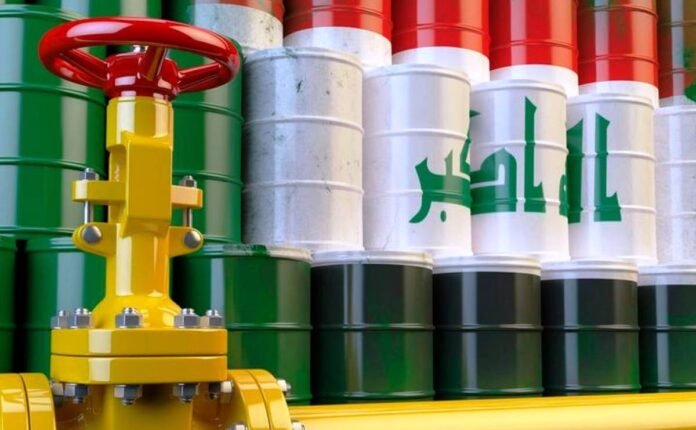Iraq’s oil exports to the United States continue to play a key role in global energy trade. According to the U.S. Energy Information Administration (EIA), Iraq shipped more than five million barrels of oil to the U.S. during February.
The total volume reached 5.42 million barrels, slightly below January’s 7.13 million barrels. Of this February figure, 4.44 million barrels were crude oil. The remaining 0.98 million barrels included petroleum derivatives like non-condensate oils.
Despite the month-to-month drop, Iraq’s oil exports to the U.S. remain strong. The trade reflects a long-standing energy partnership between the two nations. The EIA also noted that Iraq sent over 95 million barrels of oil and oil derivatives to the U.S. in 2024 alone.
This consistent growth is no accident. Iraq’s ability to scale oil production has significantly improved in recent years. That boost aligns with the rising global demand for energy. As a result, Iraq has emerged as a key player in the world oil market.
Experts say that Iraq’s oil exports are vital to both countries’ economies. For Iraq, oil remains its most important economic driver. For the United States, Iraqi oil supports energy needs and adds balance to its supply sources.
Energy analysts stress that these trade ties offer more than just barrels and dollars. They also contribute to broader market stability. U.S. refiners benefit from the variety of petroleum grades coming from Iraq, while Iraq gains a consistent export destination.
In the global context, these exports help reduce pressure on markets during disruptions. By providing a stable flow of oil, Iraq supports not only U.S. energy security but also international demand.
As geopolitical and environmental factors continue to shape global oil flows, Iraq’s oil exports stand as a strategic asset. The relationship between Baghdad and Washington grows deeper with each shipment.


